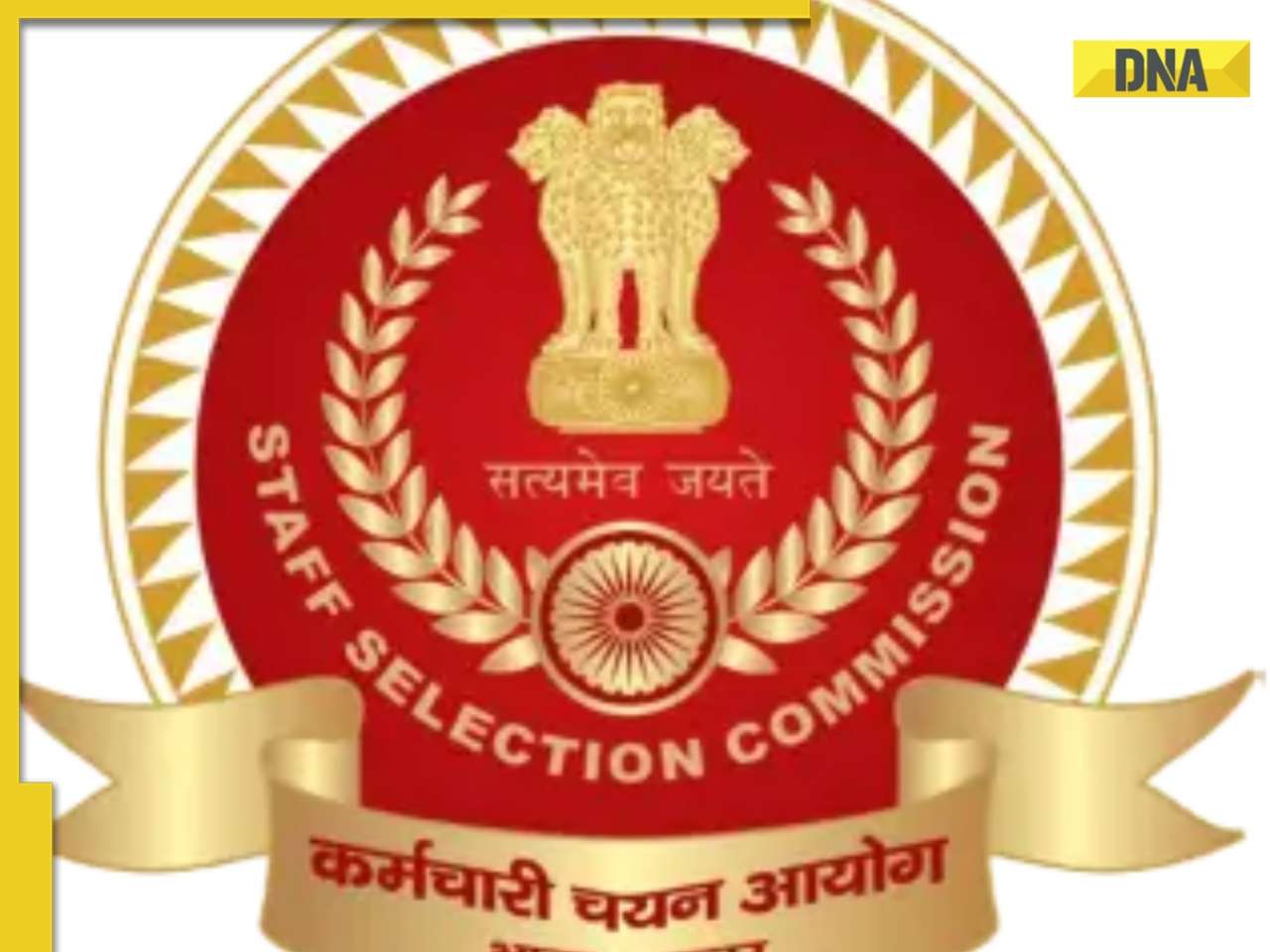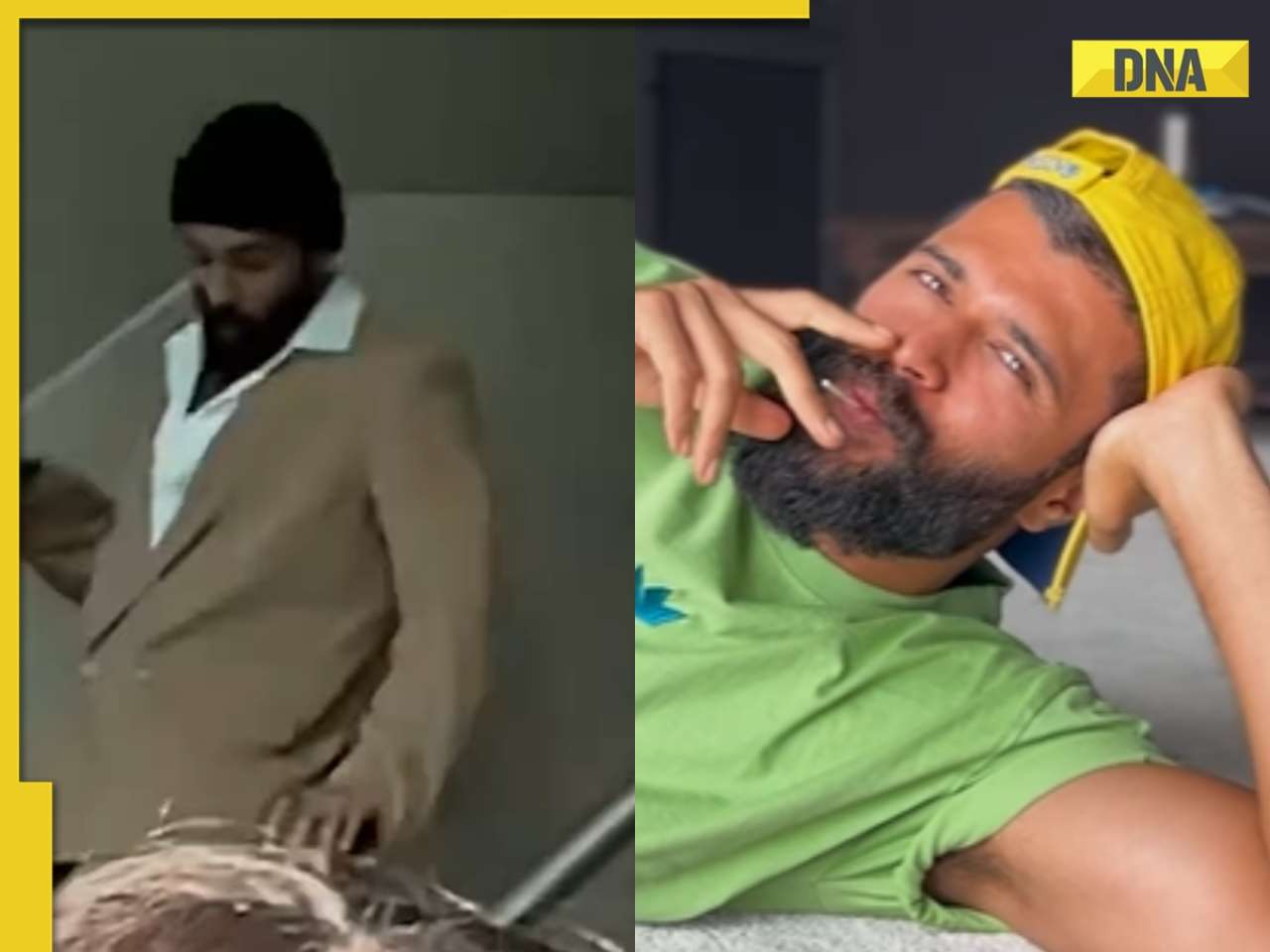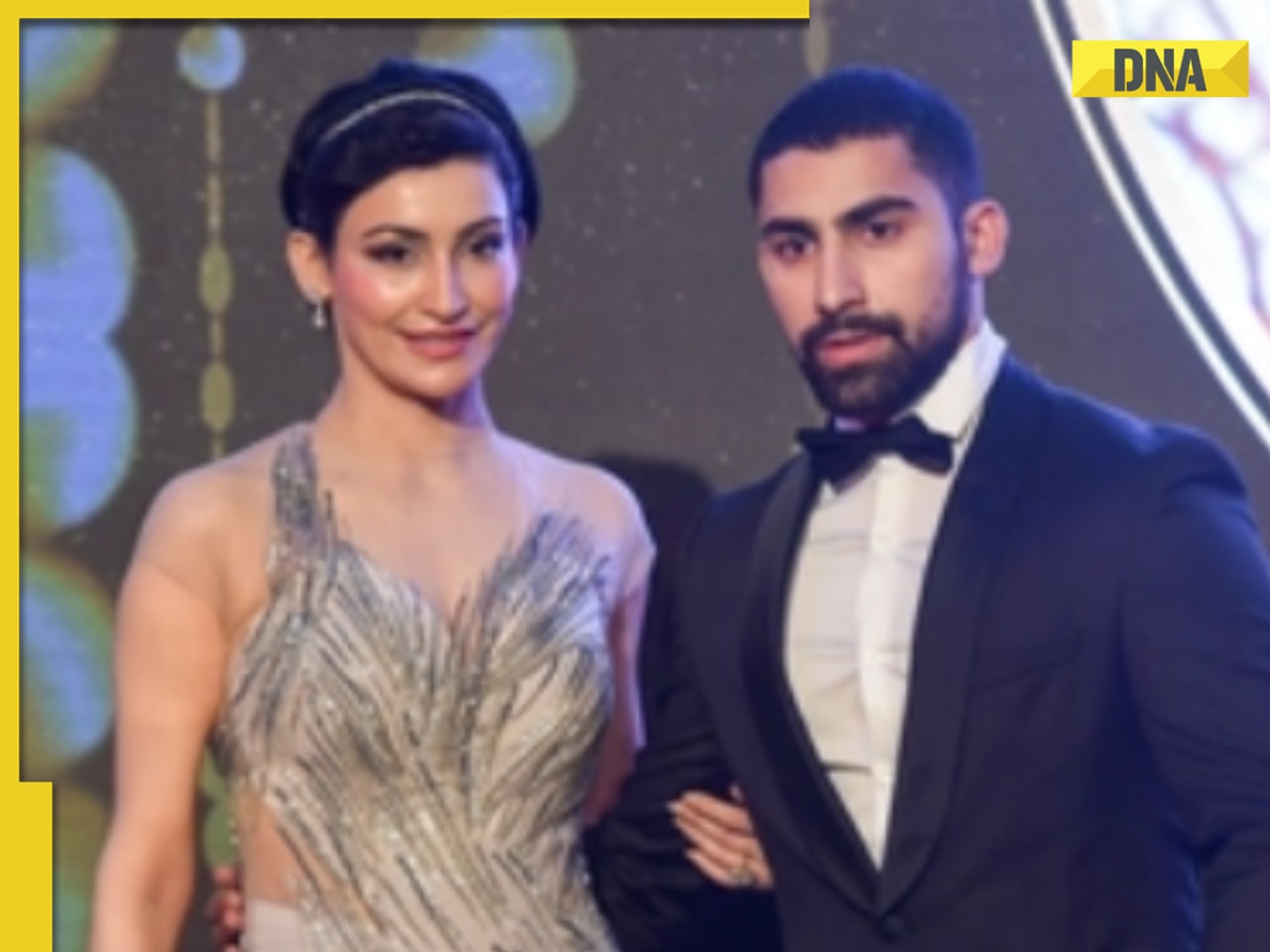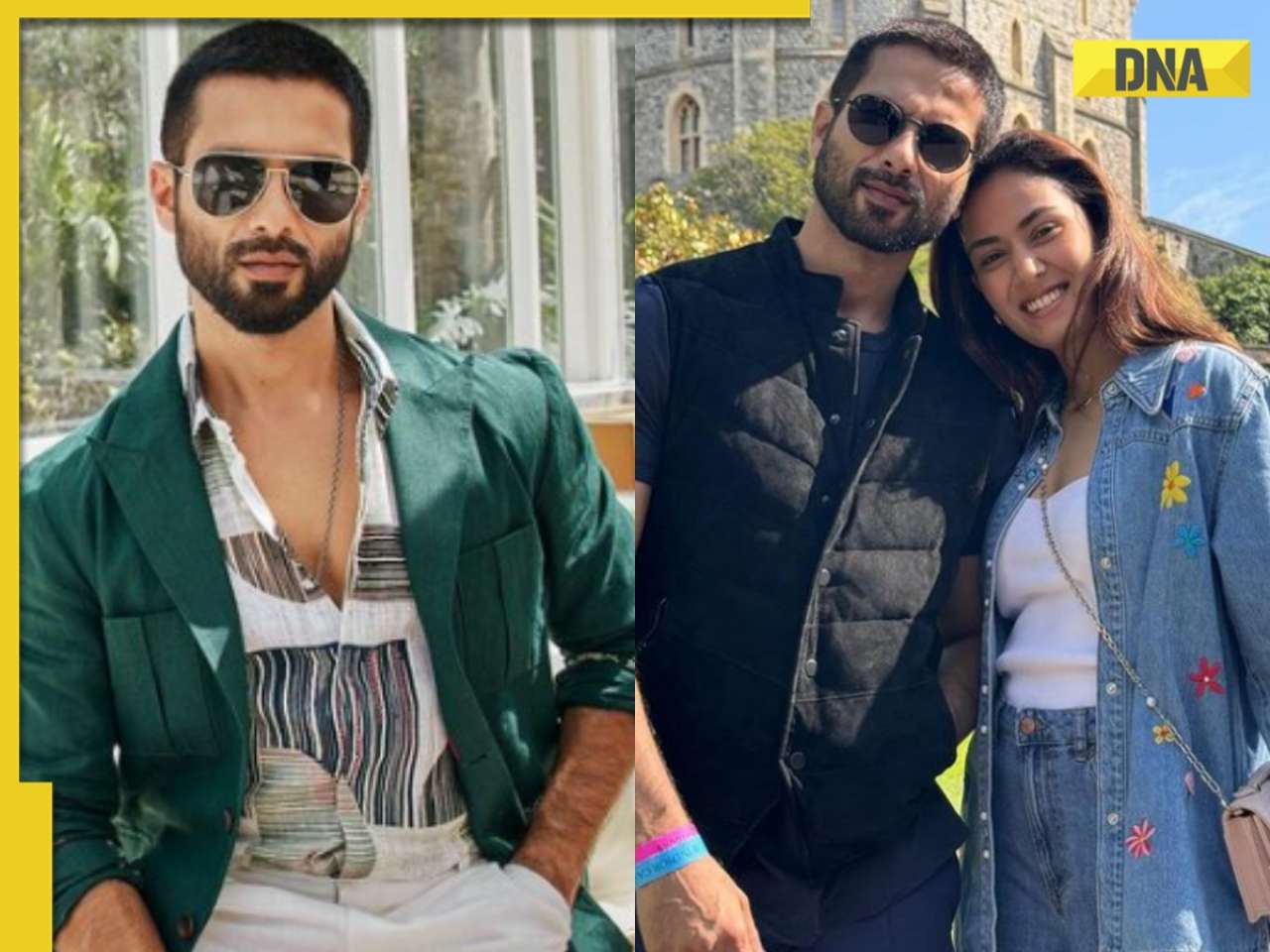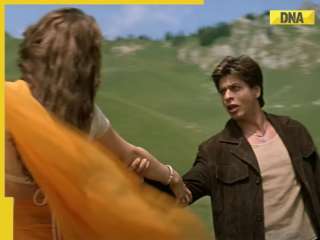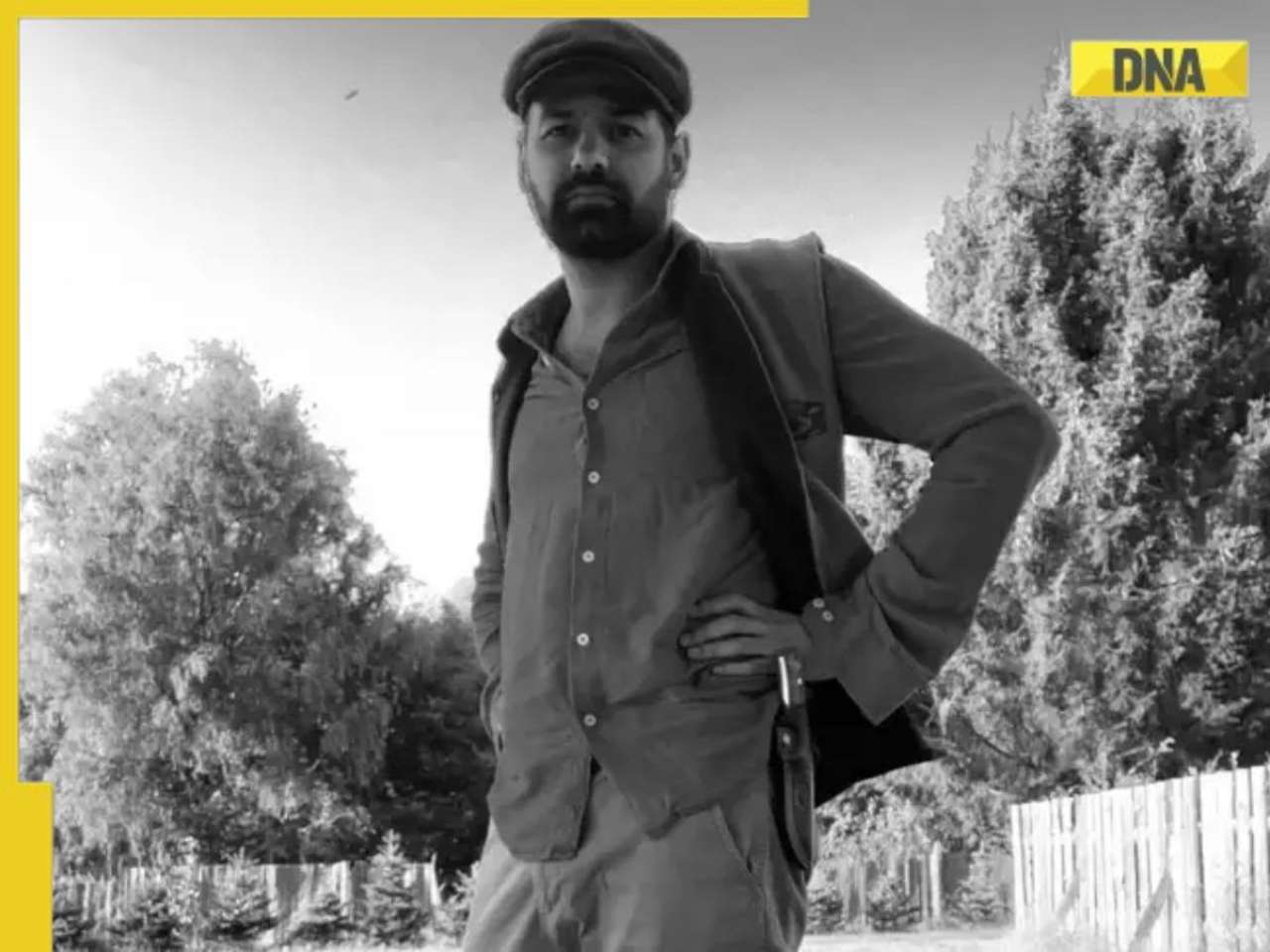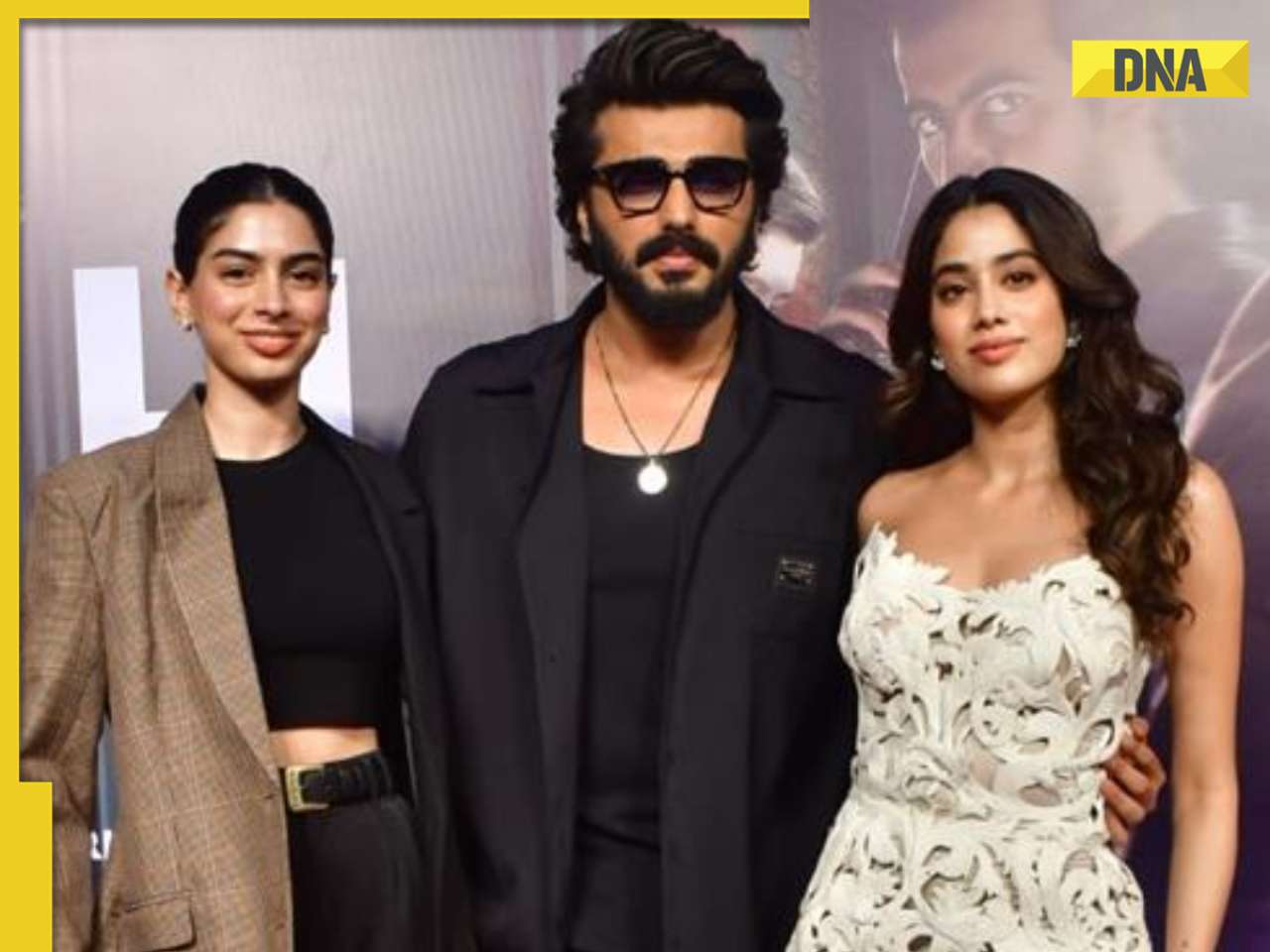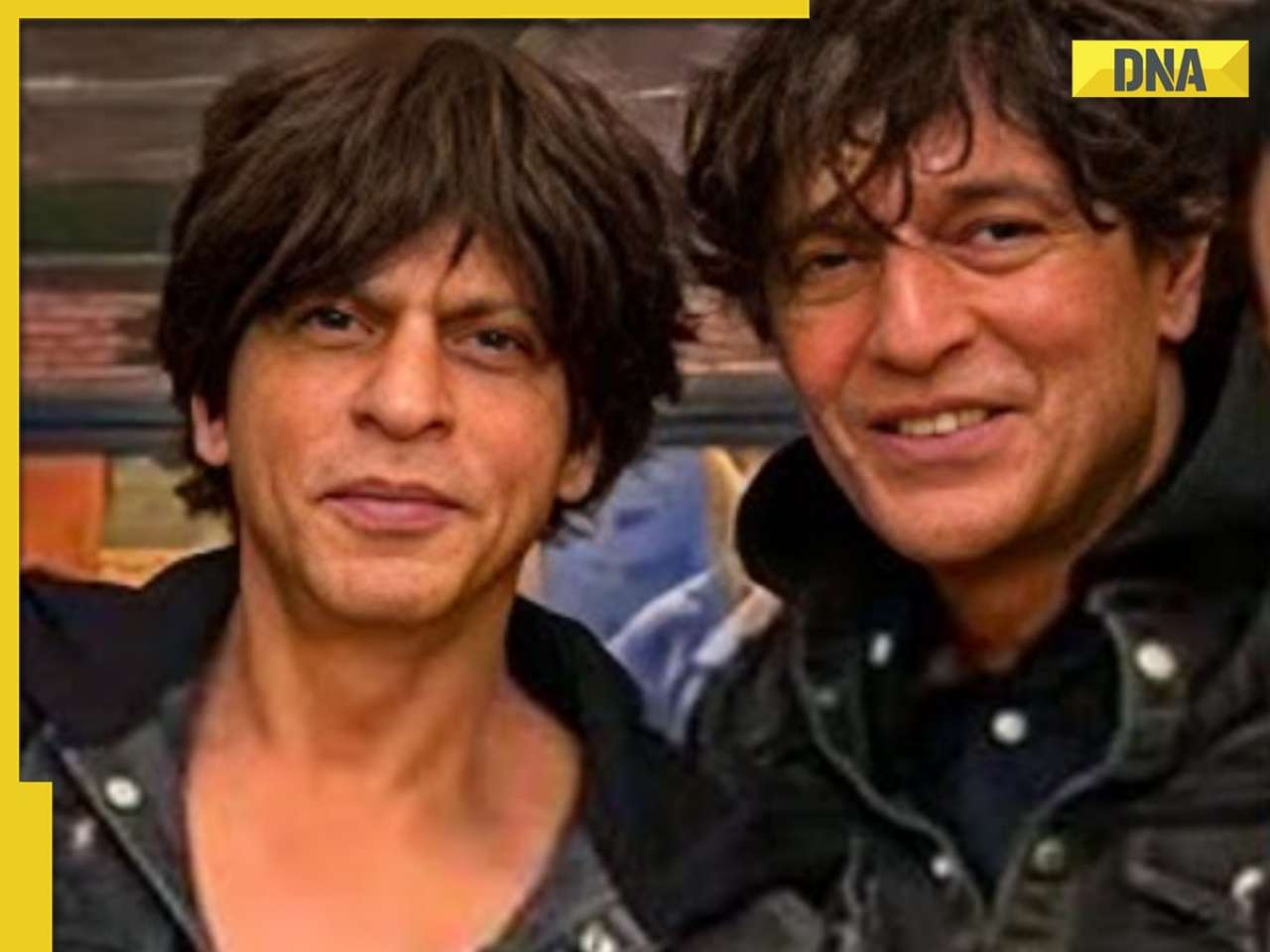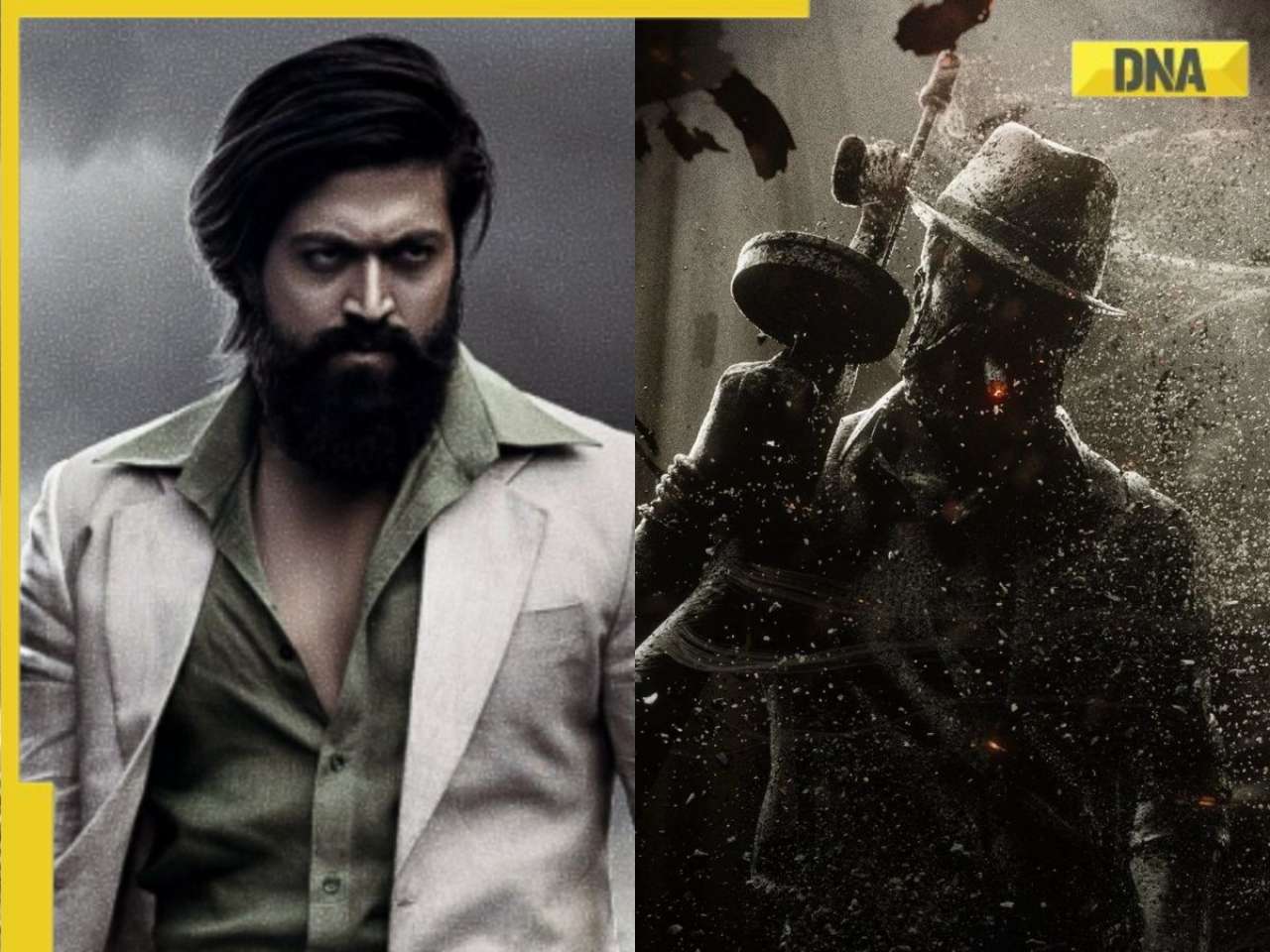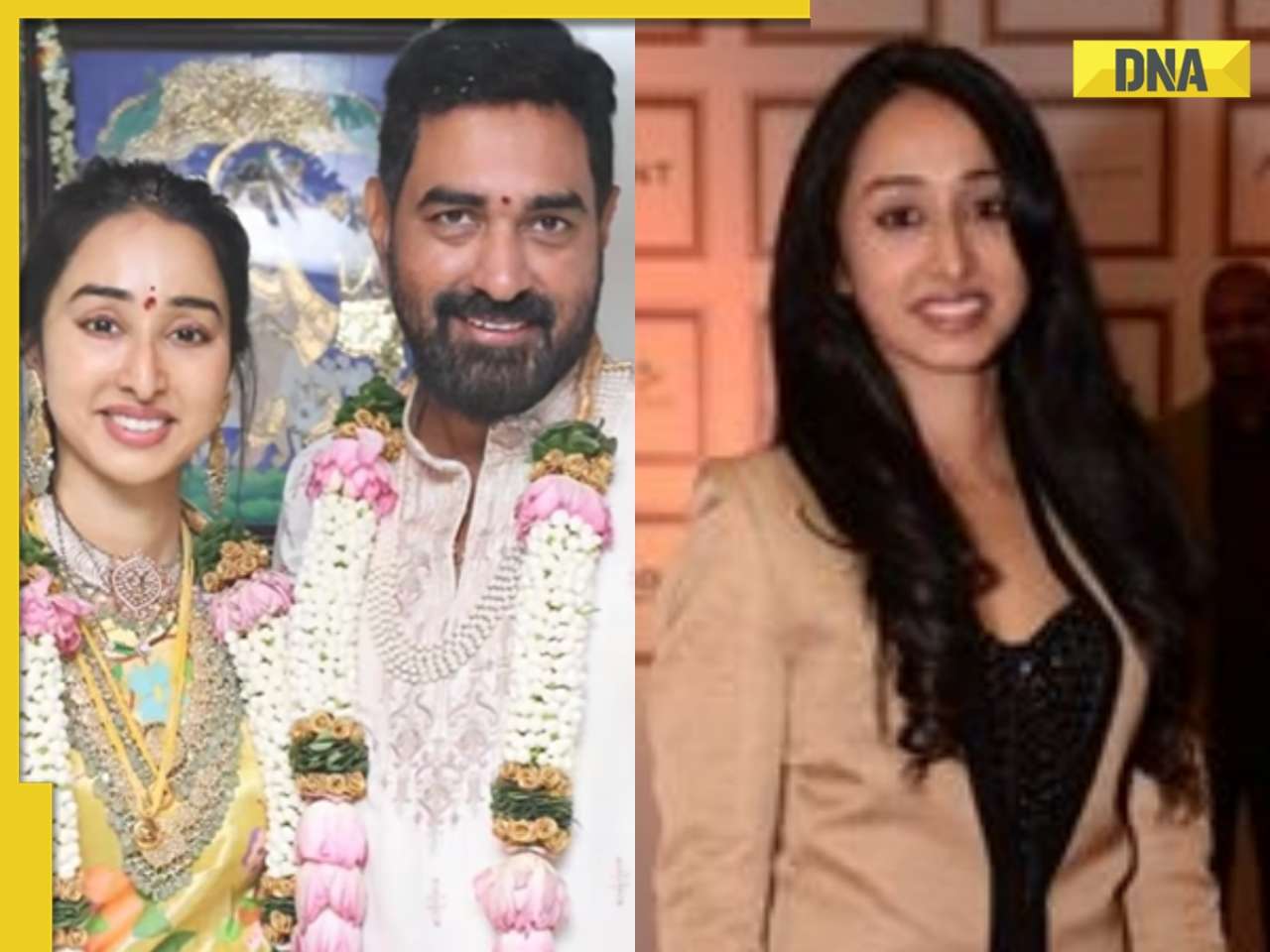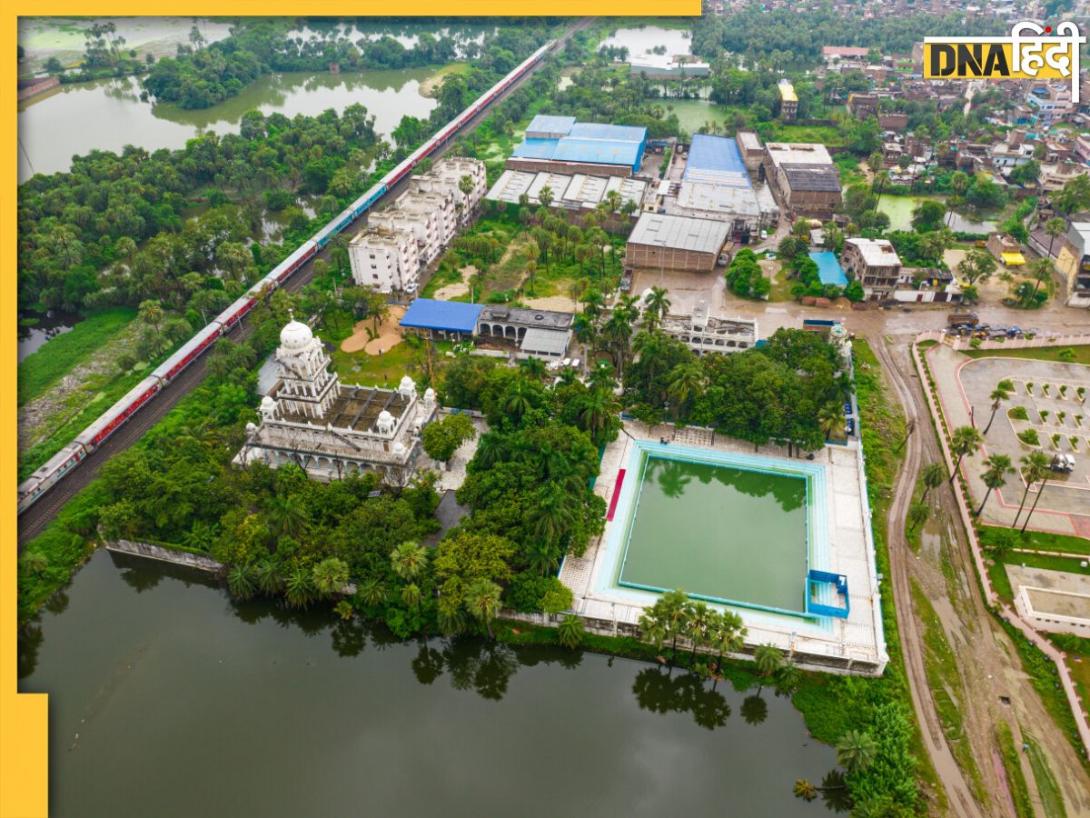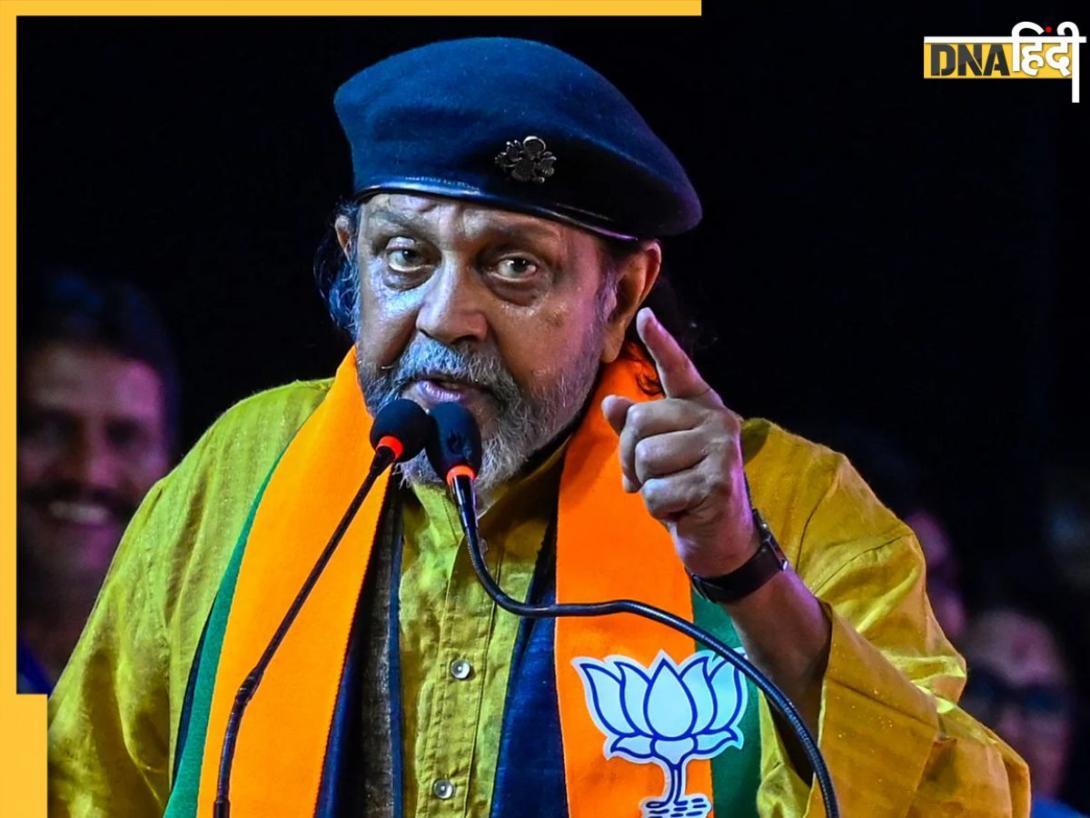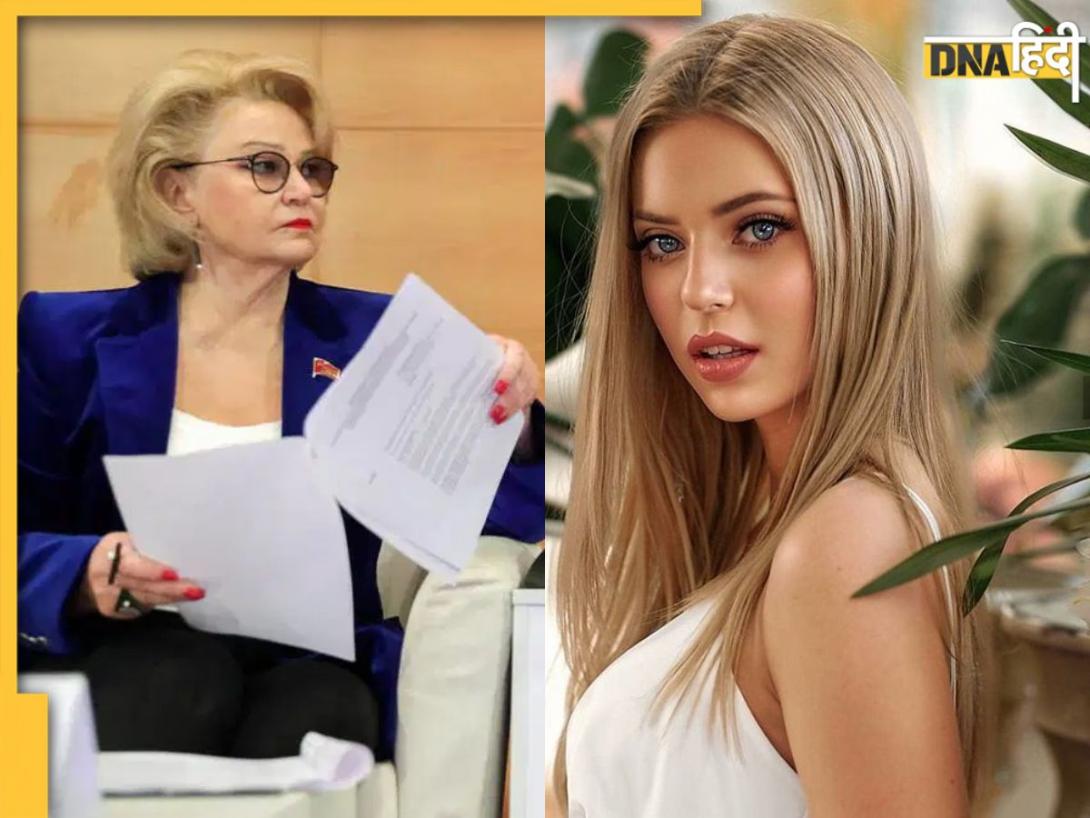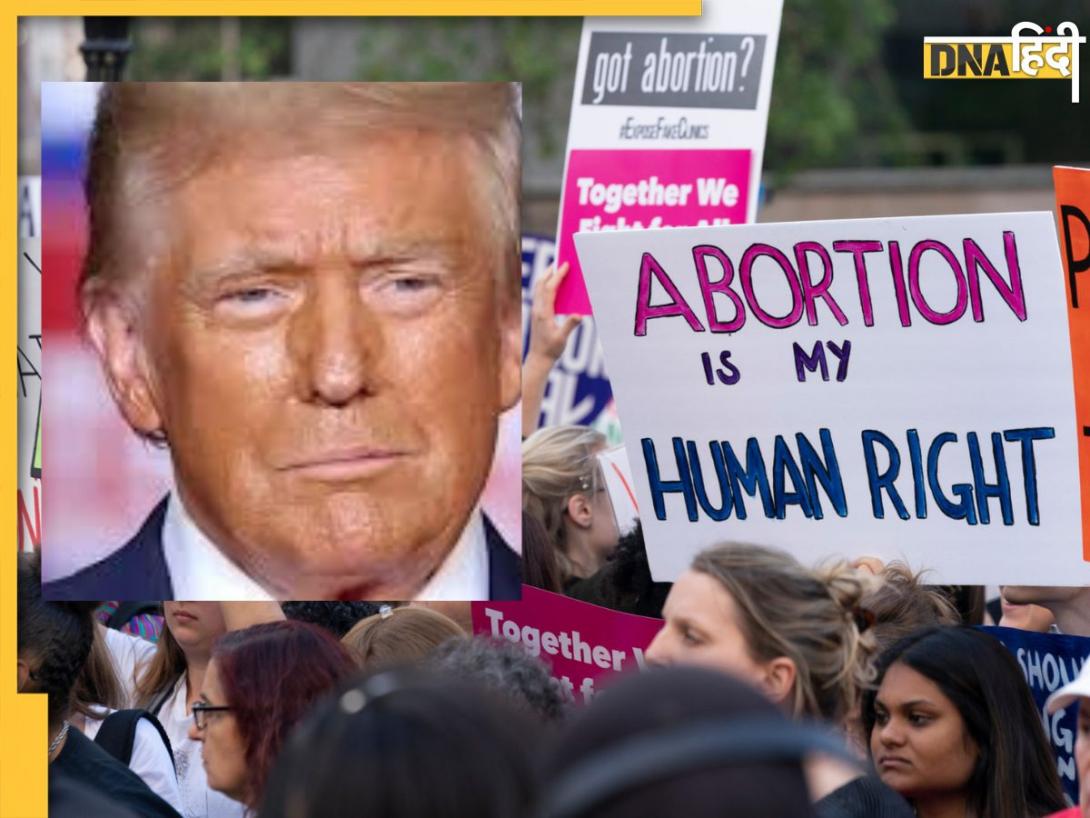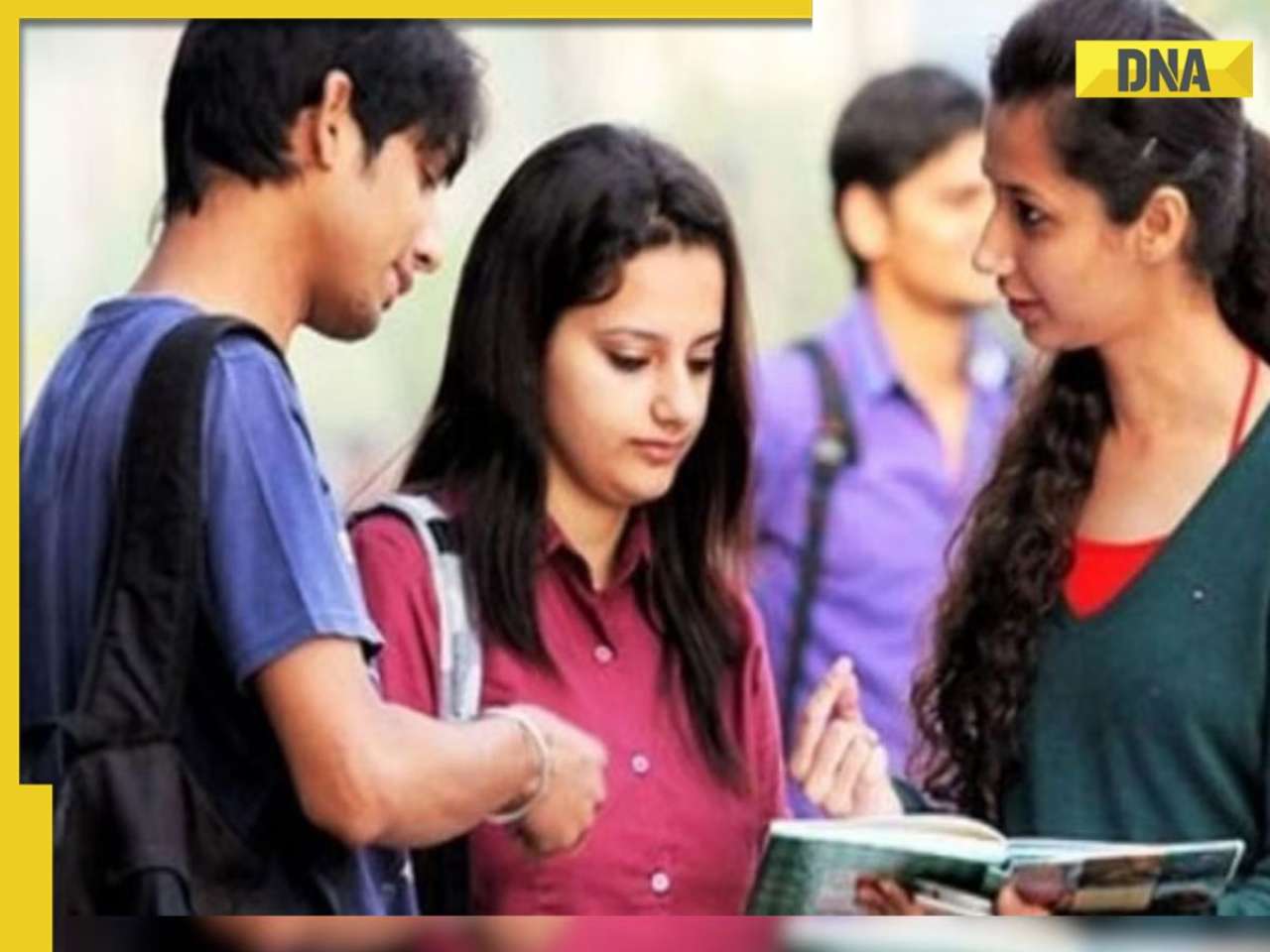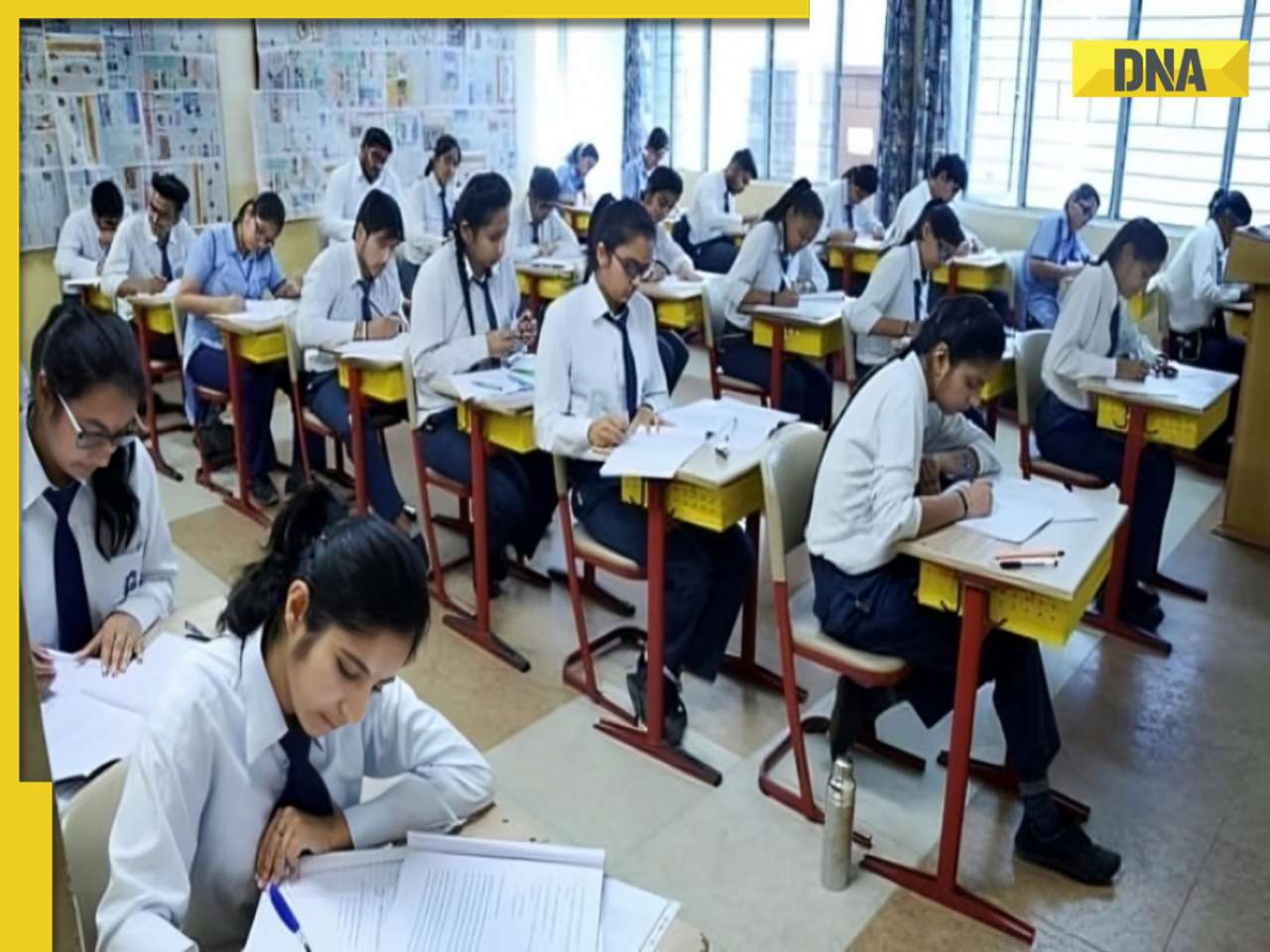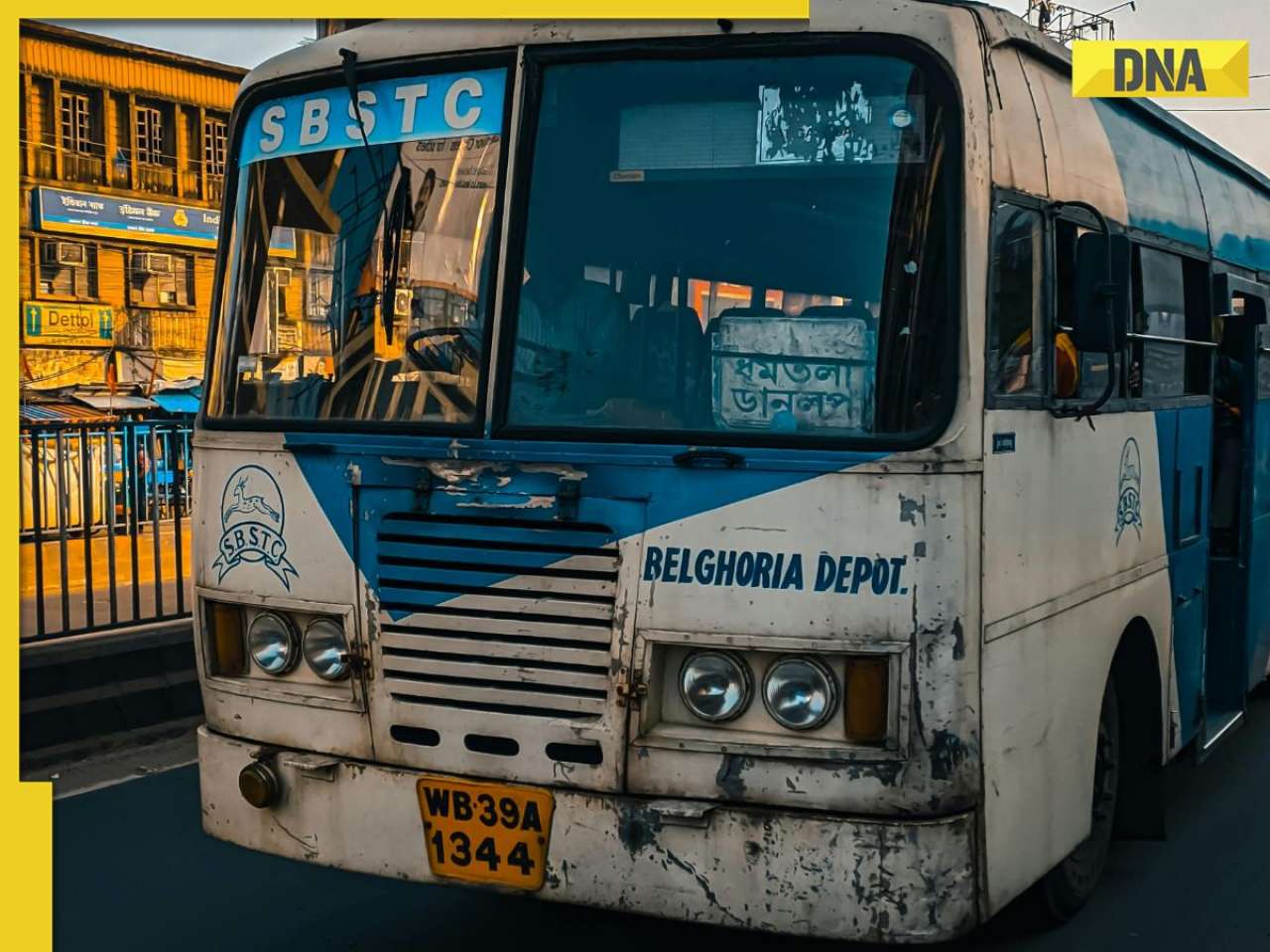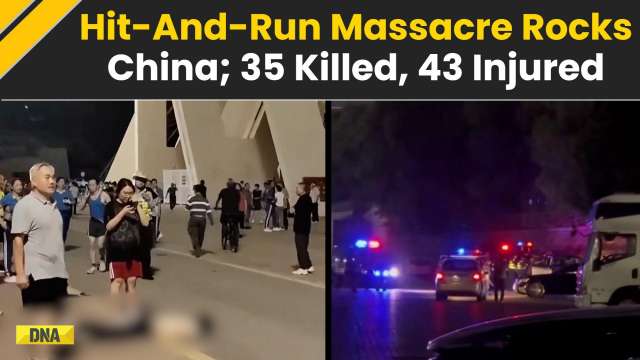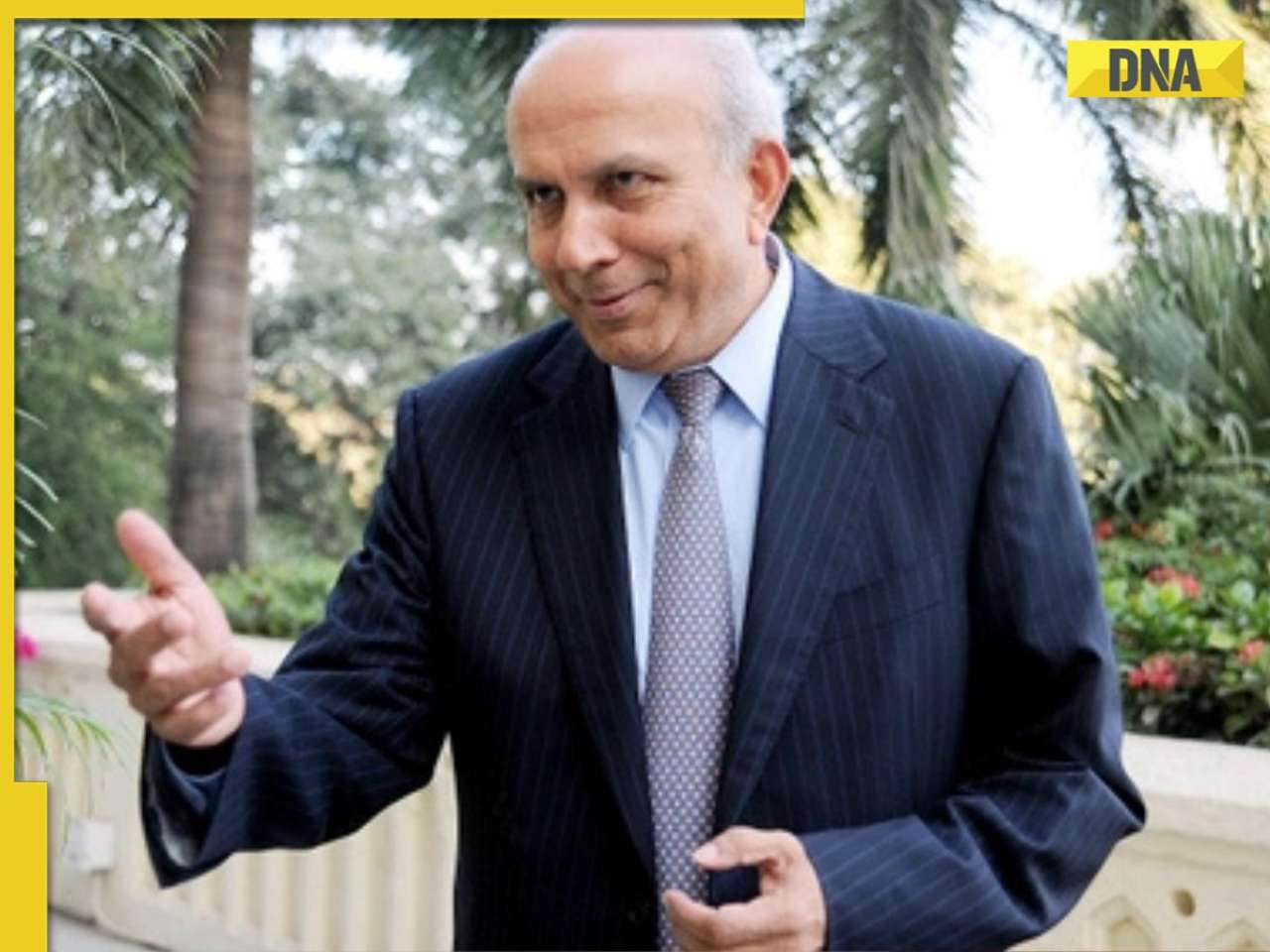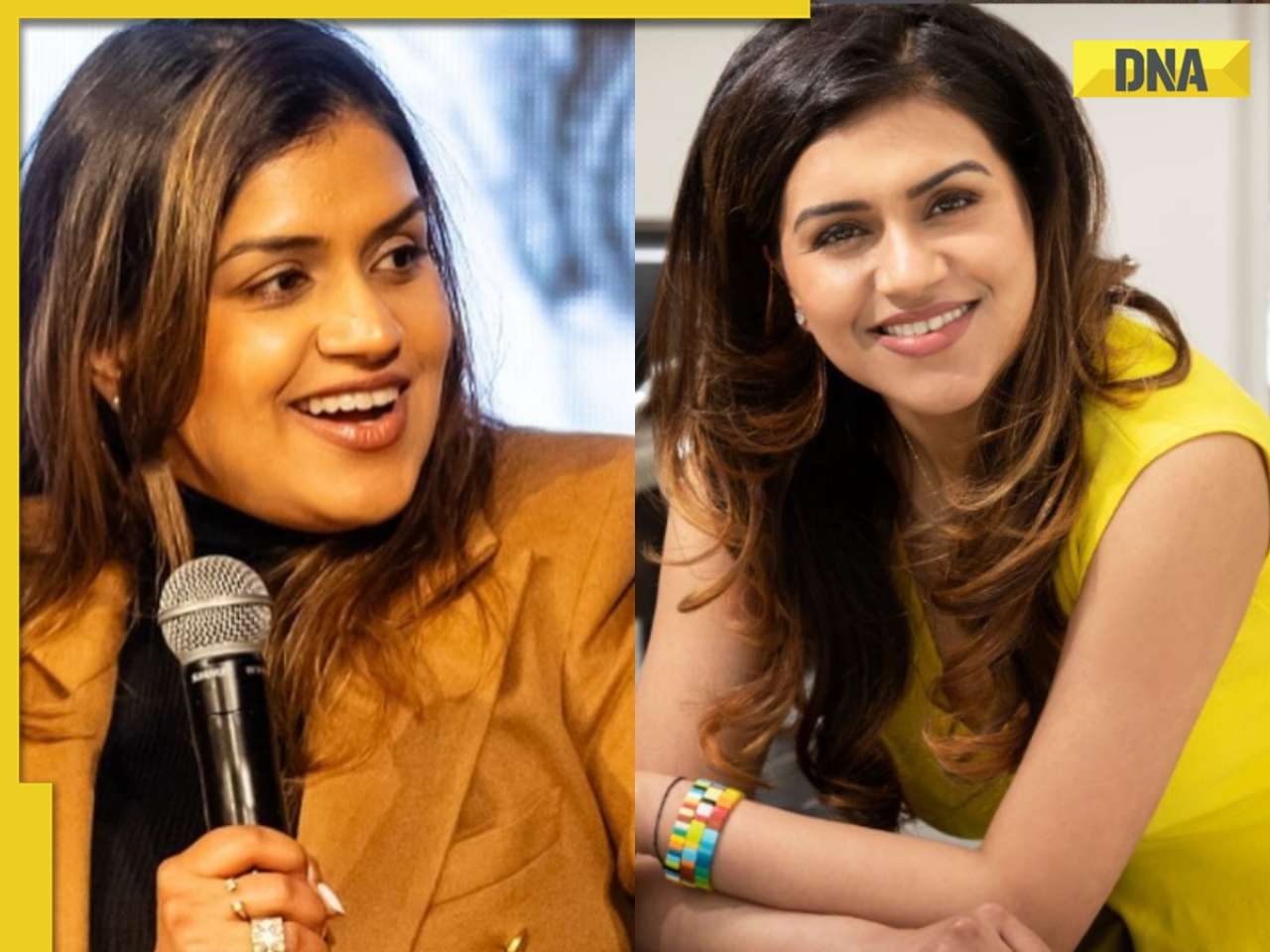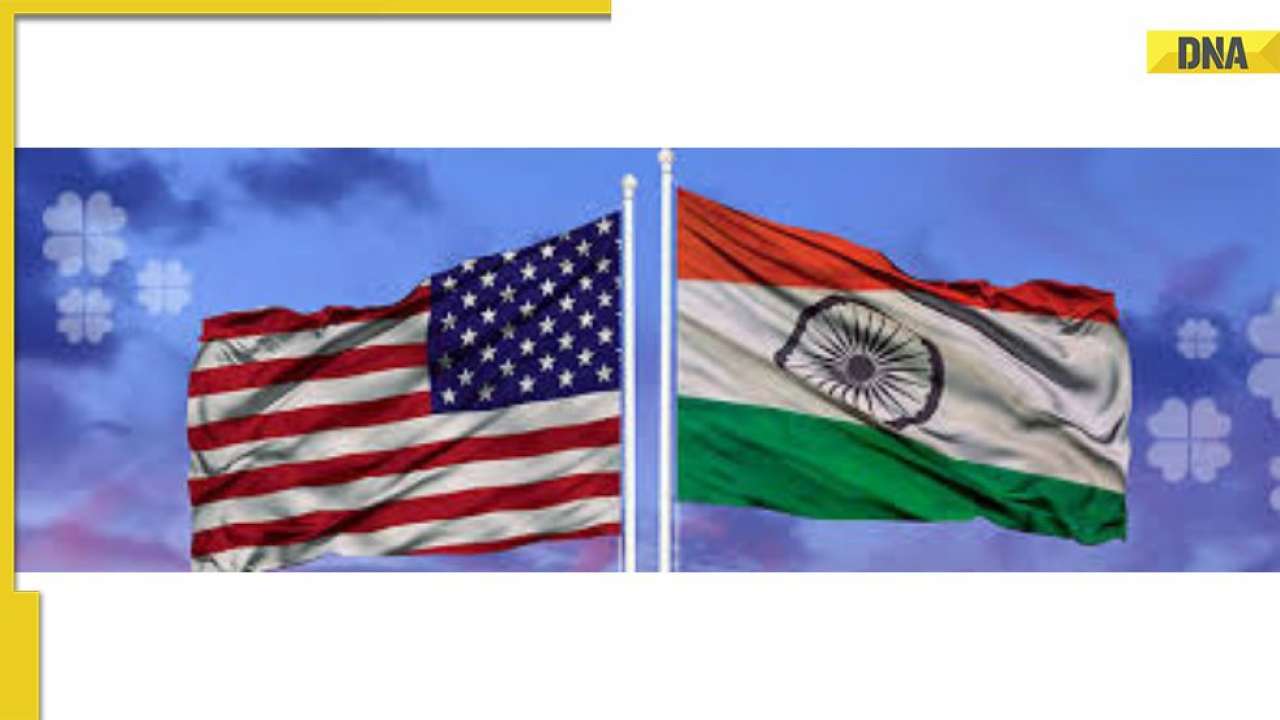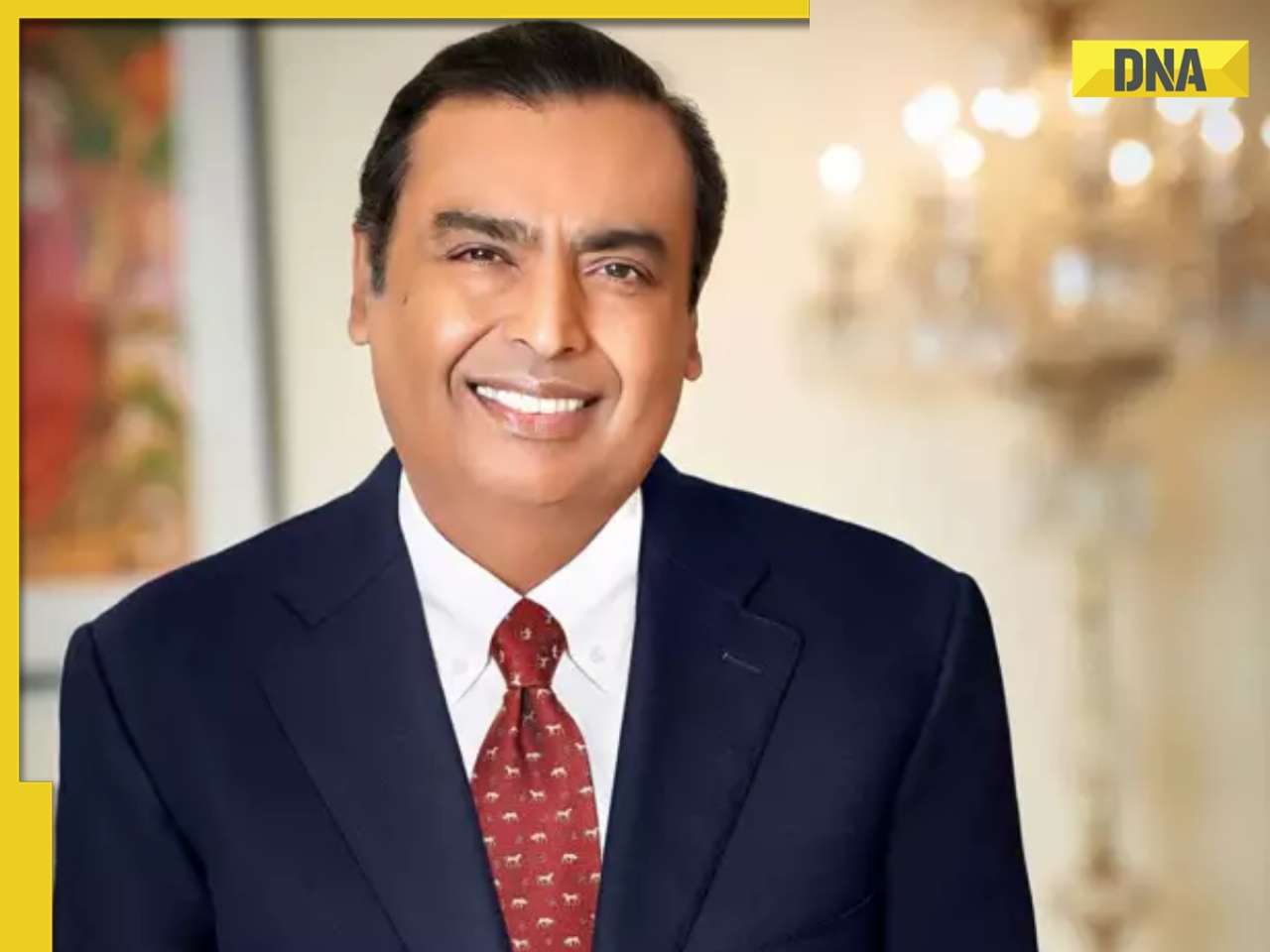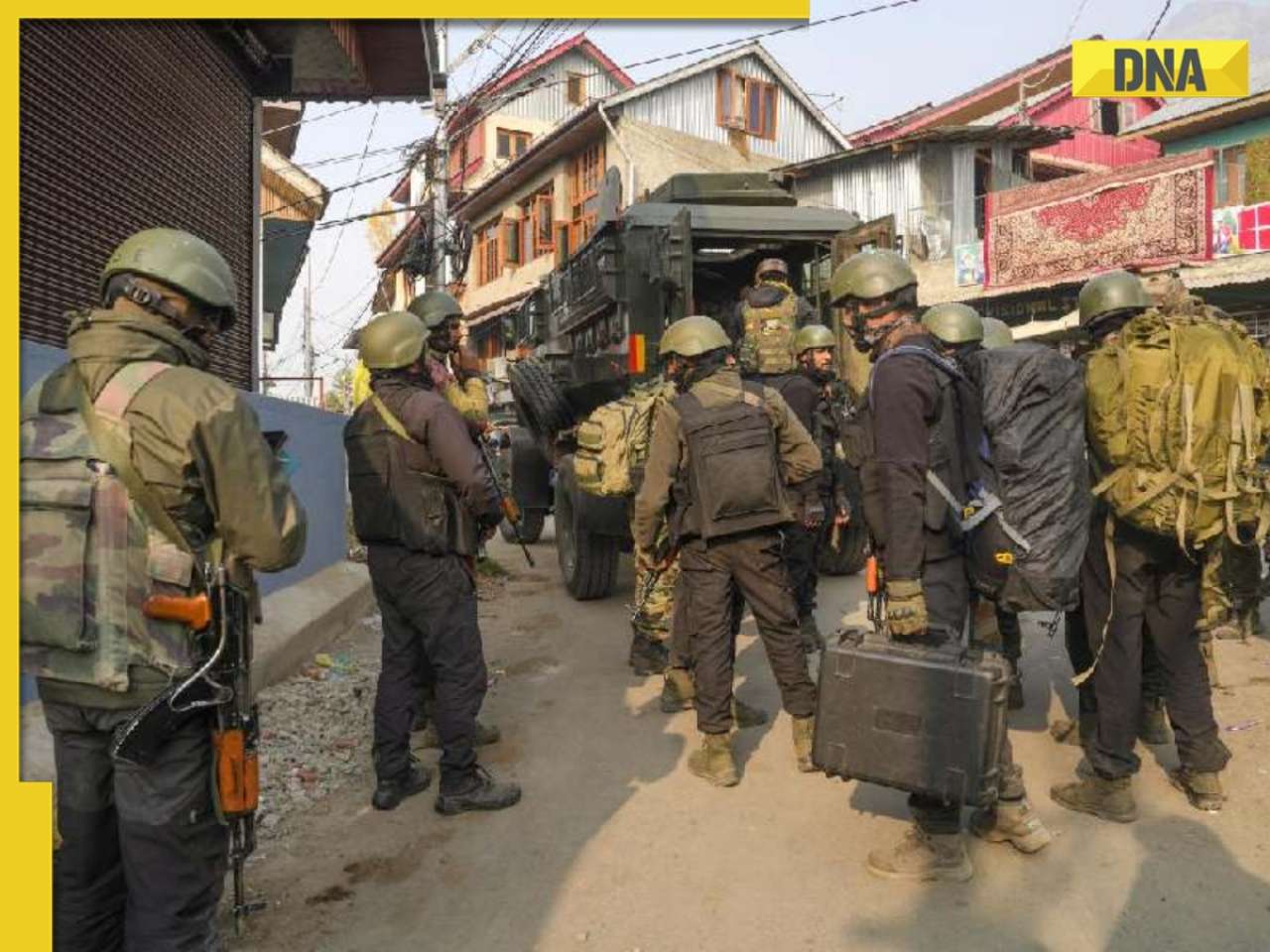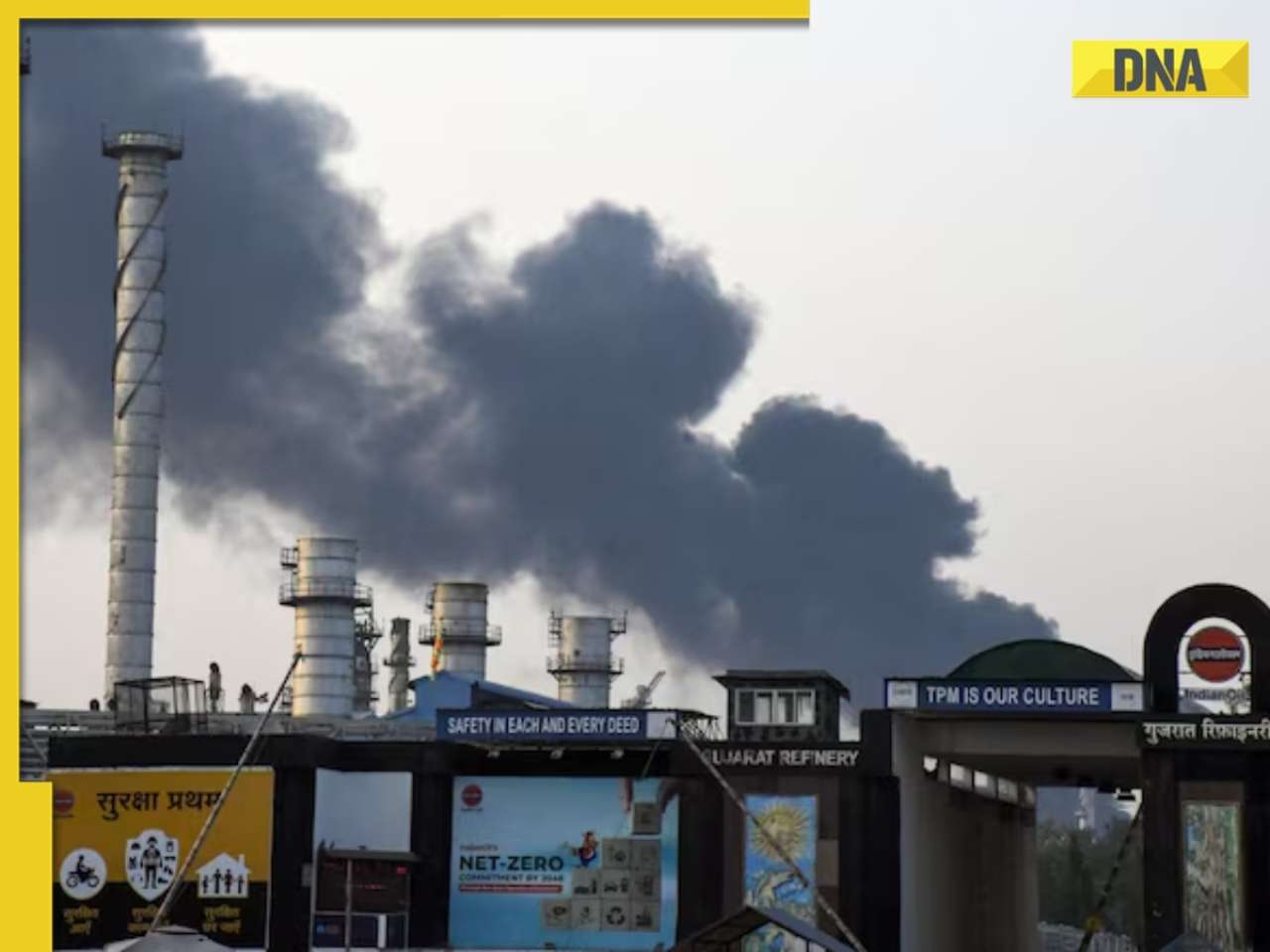- LATEST
- WEBSTORY
- TRENDING
LIFESTYLE
I'm uncomfortable with the idea of journalist as star, says Barkha Dutt
When one of India's most famous TV journalists writes a book, it's an event. And so it was that the cream of Delhi's society landed up at the launch of Barkha Dutt's This Unquiet Land, impassioned accounts of burning issues affecting India arranged in seven 'fault lines'. The first-time author spoke to Gargi Gupta about her life and her career. Excerpts
TRENDING NOW
How does it feel like to be at the receiving end?
Just awful. It's no fun. I feel a new empathy for people I interview.
You reveal painful personal details about being sexually abused as a child and being beaten up in a relationship. How hard was it to bring yourself into the narrative?
Very hard. I had put away my experience of sexual abuse as a child in the deepest recesses of my mind and my heart. When I began writing about all these women I'd met who'd gone through all kinds of abuse and violence, I suddenly started feeling an acute sense of intellectual dishonesty. My feminist position is that women must break the conspiracy of silence, but I'd not done it. As journalists, our lives are built on the vulnerabilities of others. So when it's your own vulnerability, you can't protect yourself. It was very difficult to go back in time and confront those feelings and memories. But I hoped it would help others.
Your face is probably one of the most recognised in India. How does it feel to be a 'star'?
I'm very uncomfortable with the entire idea of journalist as star. There's a certain inevitability to being constantly in the public space and therefore you become this persona. I think of myself as a reporter, always a reporter. Sometimes I wish I could go into the field much more than I can these days as it is my first love.
The book has very little about your early career. It must have been an exciting time in those early years of TV?
They were. I started off as a sound mixer in NDTV. I was a trained television producer and had applied for the job of a producer with NDTV. But they said they we're looking for young reporters - would I do both? I said, ok, as long as I could keep one foot in my technical department. So for the early phase of my career, I was part of the production control room - and used to mix sound for the news and also report. Even today, my team says I am obsessed with the technical aspects of TV news - the camera placement, the angle, the lighting, the graphics. It makes me a pain in the butt to work with...
You gave up your full time assignment with NDTV earlier this year and became consulting editor. Have you decided on your next course of action?
The arrangement that we've worked is that I continue to do TV with NDTV but in any non-TV space, I can branch out on my own. This book is the first thing in the non-TV space I've done. It's taken up most of this year. I am also exploring the digital and the events/conferences space. I want to do a global annual ideas festival, create a space for a nuanced and intelligent conversation. Not just India specific, but global inviting some of the best thought leaders from everywhere. I think it'll take me another six-seven months to get started.
You've covered some of the biggest stories in India. Any particular story that you'd like to do?
Syria. I am desperate to cover the war. It's the most important story in the world today. I have been thinking about it for the last six months. But it isn't easy to get in.
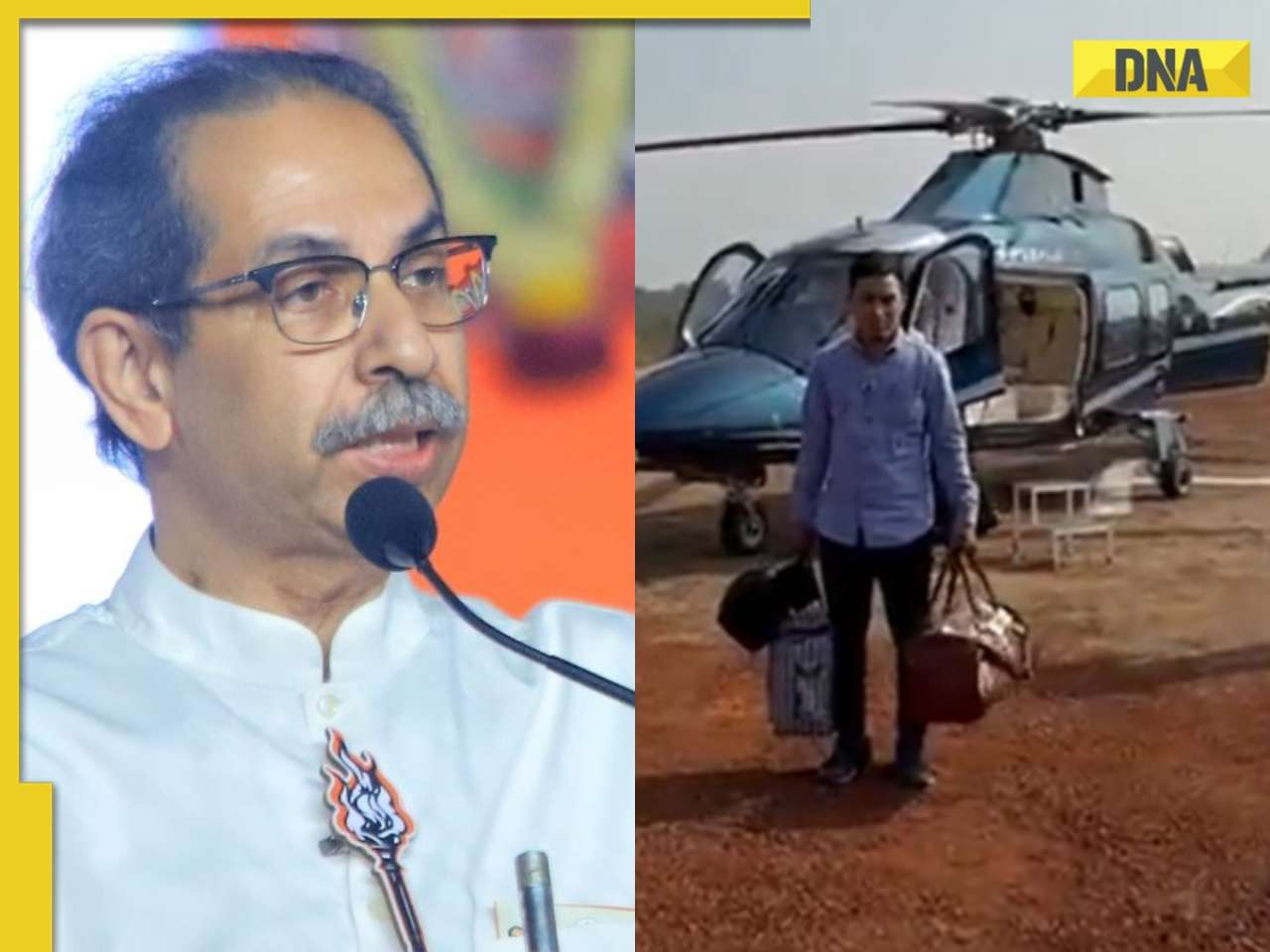
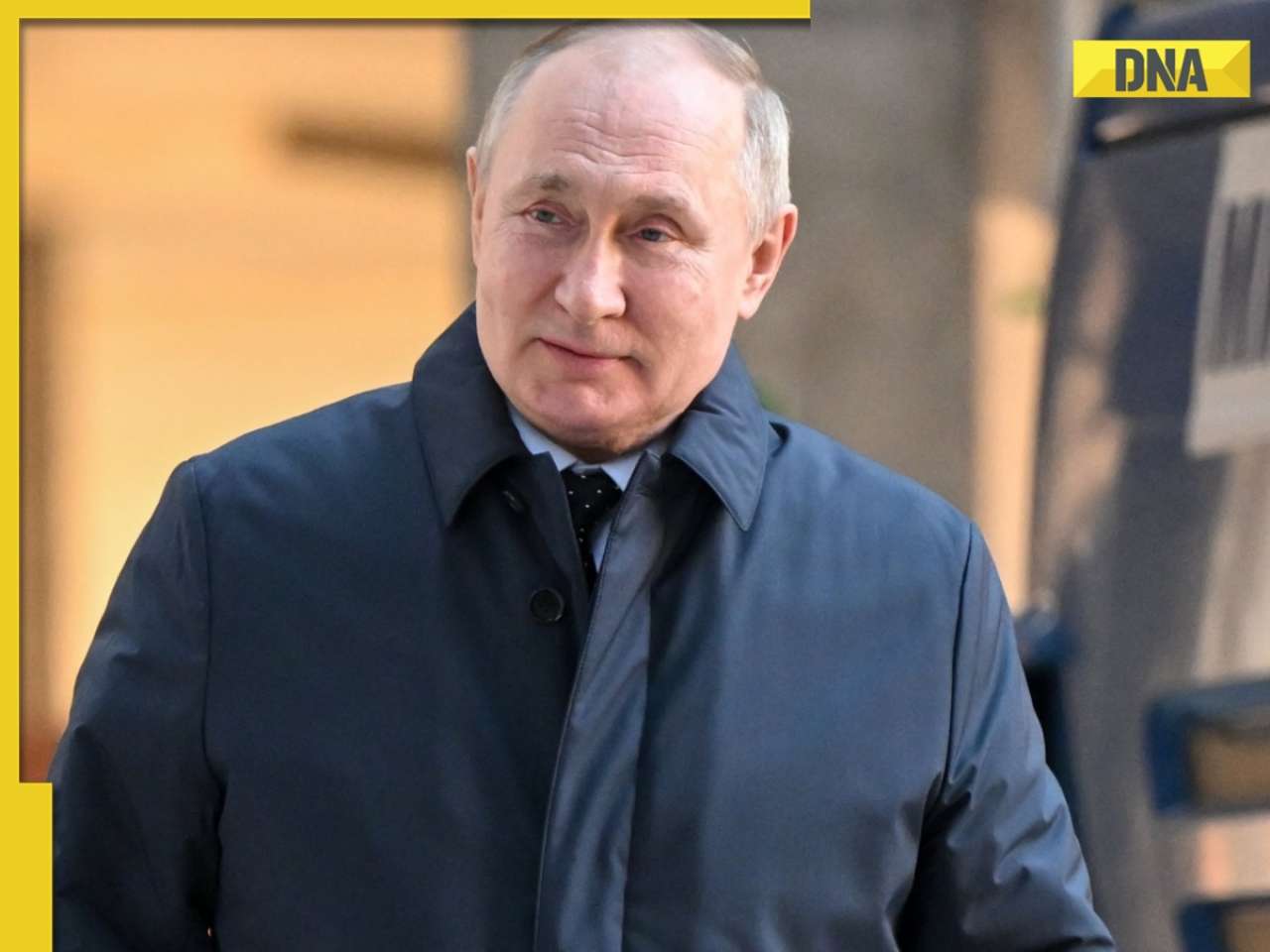

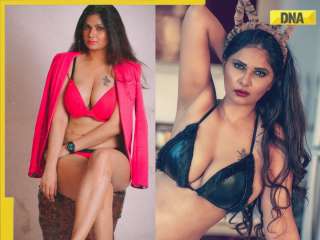
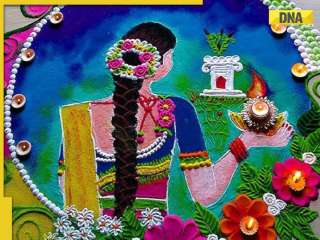


)
)
)
)
)
)
)
)
)
)
)
)
)
)
)
)





